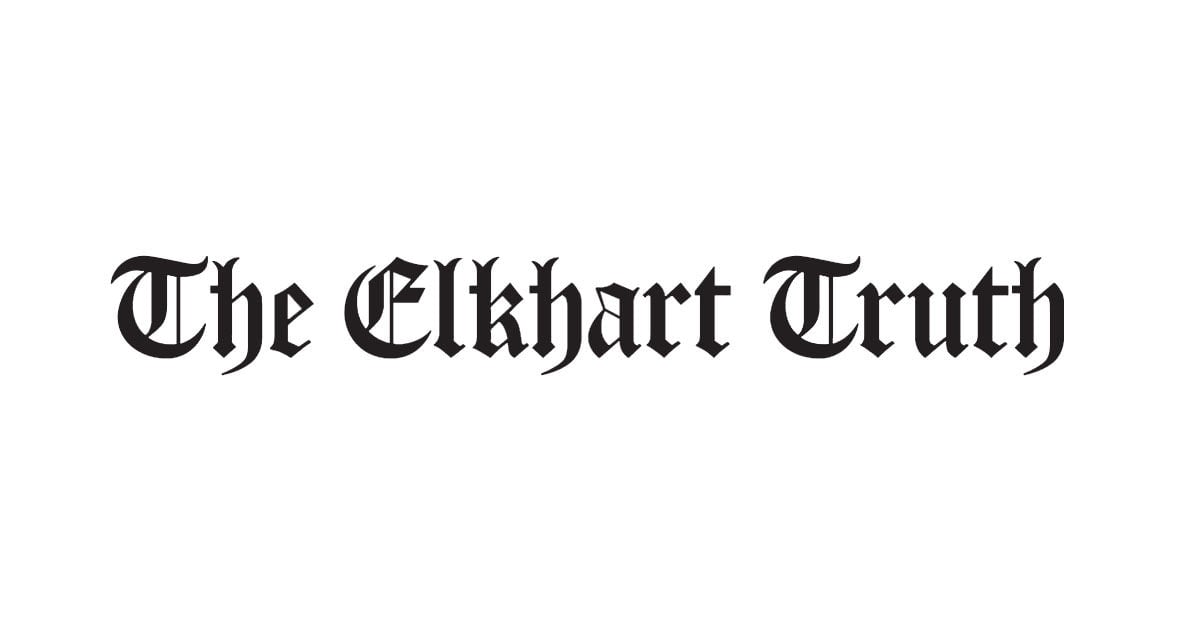The First Edition of “The Hangout” by talabat Launches in Al Safa Park – PRWire

- Kicking off on February 24, the community engagement event is open to everyone and will run for the upcoming three weekends
- Visitors can enjoy popular movie screenings and a selection of snacks and food
talabat, launches the first edition of “The Hangout”, a series of events that will bring the community together in partnership with Dubai Public Parks. This event provides all visitors to Al Safa Park with an opportunity to watch some of their favorite blockbusters while enjoying a wide selection of food and snacks. Park-goers can enjoy two movies per night at 6.30pm and 8pm during the weekends starting from Saturday, February 24 until Saturday, March 9.
The screenings will feature timeless favorites such as The Lion King, Thor, Ratatouille Top Gun: Maverick, Finding Nemo, Matilda and more which are perfect for families of all ages. talabat will provide a dedicated popcorn kiosk, while Zaatar W Zeit and Cinnabon will offer a variety of their most popular selection for the first weekend.
No advance booking is required, and after the first weekend, movie-buffs can still attend on March 2, 3, 8 and 9, providing an opportunity for everyone to experience “The Hangout”. For easy navigation attendees can use this venue map to locate the screening area at Al Safa Park.




